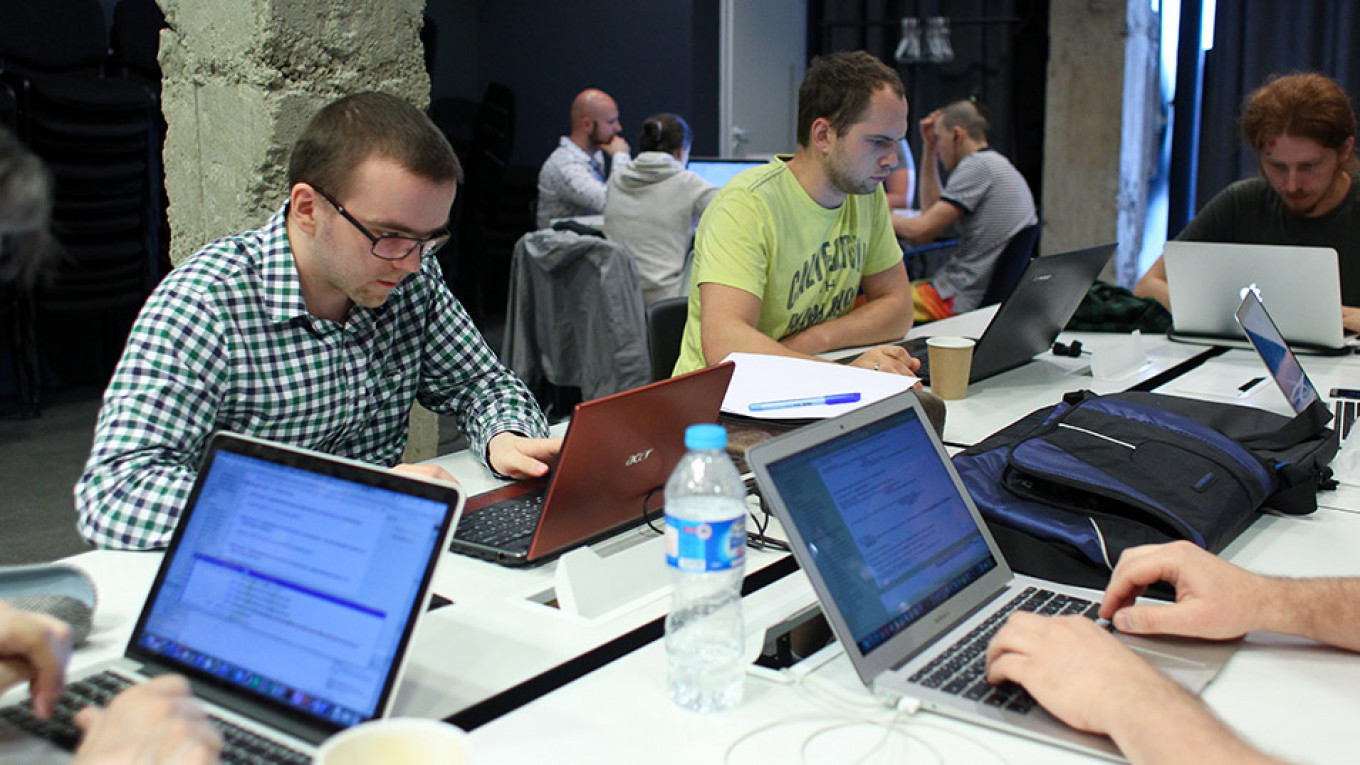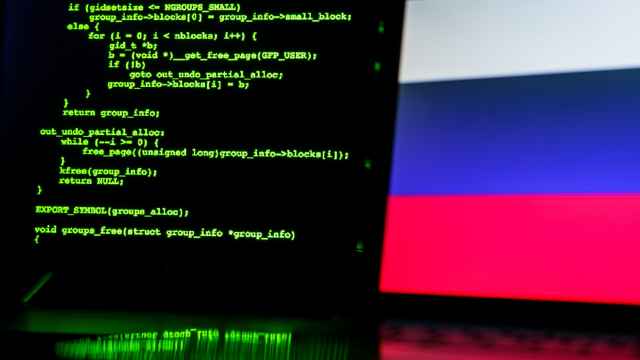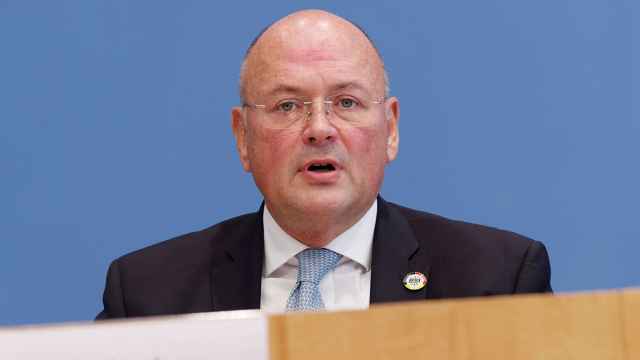A Russian government agency has proposed banning the use of foreign information technology for critical national infrastructure, a draft government order shows, as Moscow moves to step up its control over the internet within its borders.
The Federal Service for Technical and Export Control (FSTEC) has proposed increasing the technological sovereignty of critical infrastructure, systems and networks that are crucial to the functioning of the economy, the document said.
The draft order proposes adding to legislation passed in January 2018 that requires the owners of such infrastructure to report cyber security incidents to the Federal Security Service.
It suggests also prohibiting these facilities from using foreign "means of information protection" or technical support from foreign organizations, leaving them only free to use Russian-made programs.
The industries affected by the proposed changes include defense, transport, communications, credit and finance, energy, fuel, nuclear, space, mining, metals and chemical, as well as the information systems of state departments.
The Russian order did not give details of any specific foreign firms it would ban.
Russia's government has sought greater control over digital areas of the economy in recent years, through measures such as the "sovereign internet" law.
That legislation aims to route Russian web traffic and data through points controlled by state authorities and to build a national Domain Name System to allow the internet to continue working even if Russia was cut off from foreign infrastructure.
In 2015, Russia began a policy of import substitution in the IT and communications sectors after the West imposed sanctions on Russia over its annexation of Crimea in 2014.
Moscow ordered government departments to purchase primarily domestic software, and since 2015 the share of domestic software in government purchases has increased to 65% from 20%, according to the Ministry of Communications.
This import substitution policy also began to apply to state-owned companies at the end of 2018.
The new draft order was published on a government website on Thursday, but only came to light in a report by business daily Kommersant on Monday.
The proposal has been opened to public discussion until Feb. 20 after which the government will decide whether to adopt it. Draft government initiatives like this are usually adopted.
A Message from The Moscow Times:
Dear readers,
We are facing unprecedented challenges. Russia's Prosecutor General's Office has designated The Moscow Times as an "undesirable" organization, criminalizing our work and putting our staff at risk of prosecution. This follows our earlier unjust labeling as a "foreign agent."
These actions are direct attempts to silence independent journalism in Russia. The authorities claim our work "discredits the decisions of the Russian leadership." We see things differently: we strive to provide accurate, unbiased reporting on Russia.
We, the journalists of The Moscow Times, refuse to be silenced. But to continue our work, we need your help.
Your support, no matter how small, makes a world of difference. If you can, please support us monthly starting from just $2. It's quick to set up, and every contribution makes a significant impact.
By supporting The Moscow Times, you're defending open, independent journalism in the face of repression. Thank you for standing with us.
Remind me later.







